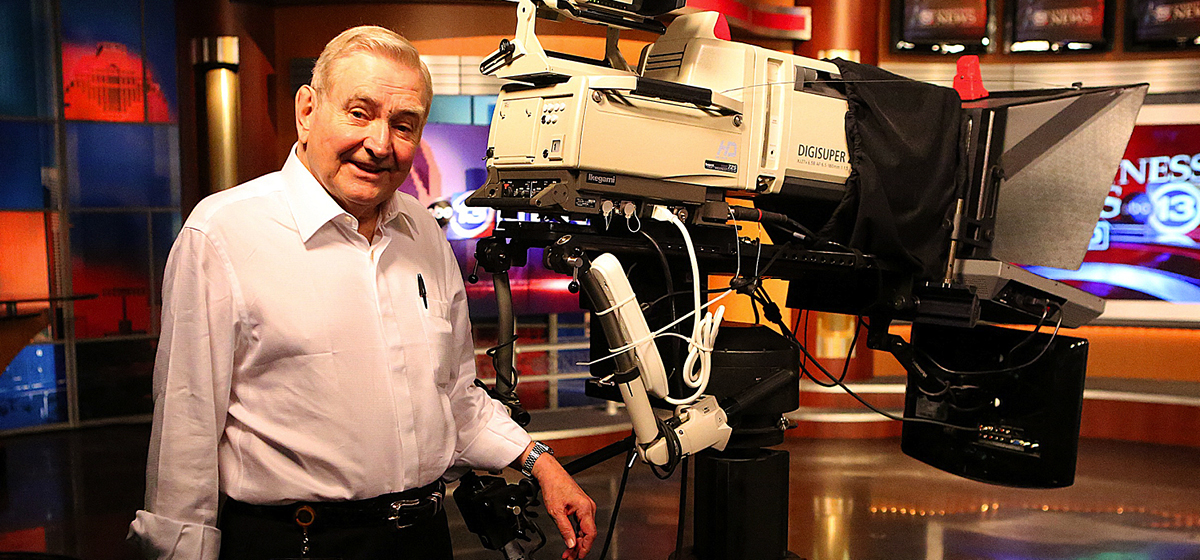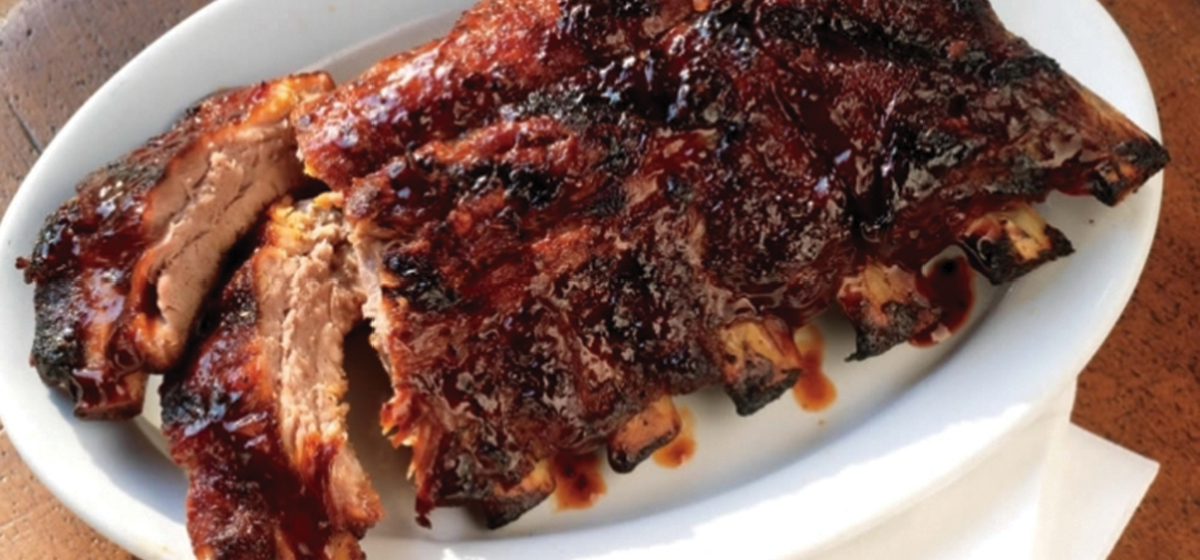For 13 years, Debra Clopton dreamed of getting a phone call saying one of her romance novels had sold, but when the call finally arrived in 2004, she missed it. Her editor left a mysterious voicemail; excitedly, Debra returned the call and got the long-awaited news that her book, The Trouble with Lacy Brown, would be published.
Even before she graduated from Madisonville High School, Debra read romance novels, watched romantic comedies, and aspired to become a romance novelist herself. “I love that feel-good feeling,” she says. “I love happy ever afters. I’ve always been drawn to it.” To prepare herself for a writing career, Debra attended Texas A&M University and majored in journalism. There, she sadly discovered that journalism and creative writing are vastly different.
“My journalism teacher didn’t like anything I wrote. I had to rewrite everything,” she says. “I walked out of journalism class one day and said, ‘Okay Lord, what am I going to do?’” Marriage to her boyfriend Wayne Clopton and life in Madisonville was likely, so she took a friend’s suggestion and went to cosmetology school. For the next 25 years, she worked as a hairstylist. While beautifying the local women, she also collected ideas for her future romance novels.
In 1991, Debra began writing diligently, ultimately creating seven romance novels. Never one to sleep late, she often wrote from 5:30 until 7:30 a.m. After she got her two sons Chase and Kris ready for school, she worked at her salon from 8:00 a.m. until 7:00 p.m., then usually wrote from about 9:30 p.m. until midnight. She wrote on weekends, too.
Debra always wanted to write for Harlequin Romance, and she attracted the attention of the editor of the company’s Love and Laughter line with her book The Trouble with Lacy Brown. (When local matchmakers advertise for women to marry the lonely cowboys in the fictitious town of Mule Hollow, Texas, hairstylist Lacy Brown comes to the remote town to make the women beautiful. She unwittingly becomes the first woman in town to fall for a charming cowboy.) After Debra worked with Harlequin for two years, however, the editor decided it wasn’t right for the company.
“It was the hardest rejection I’d ever gotten, because I had come so close,” she says. Soon thereafter, Debra decided to put her writing career on hold. “I had been feeling the Lord leading me to put the writing aside and focus on my family,” she says. Her sons were entering seventh and ninth grades, and she wanted to concentrate on them during their last years at home. “They only had known me as a distracted mother,” she says. “I didn’t want my boys to graduate and regret that I wasn’t totally in the moment with them.”
Three years later, in the early morning hours of July 5, 2003, Debra’s life changed dramatically. When Wayne exhibited symptoms of a heart attack, she rushed him to the hospital. As he was wheeled off, he joked, “She thinks she killed me with a chili dog.”
“I never saw him again,” Debra says. Wayne, Debra’s husband of 22 years, had died at 47 of an aortic aneurism. Debra found the unexpected adjustment to widowhood difficult. A few months after Wayne’s death, still grieving, she began to write again. During her sabbatical, the Christian romance genre had exploded in popularity, and Debra began to consider rewriting The Trouble with Lacy Brown with a Christian message.
“I knew that was what the story had needed to make it complete,” she says. “I felt God smiling, and I knew it was going to sell. Some folks might think that’s crazy, but that’s how I felt.” Harlequin’s Love Inspired line purchased the new version, and Debra received the phone call that launched her writing career. She was excited, but it was a bittersweet victory.
“It was a really hard year because I had lost Wayne,” she says. “I had waited my whole life for this dream, but I would have given it up to have him back.”’ Because Wayne always called her “Debra” instead of “Debbie,” she chose to use the name Debra Clopton as her pen name. “I write by Debra to take him with me,” she says.
Although Wayne didn’t live to witness her success, Debra is thankful that she stopped writing when she did. “I had the last three years with Wayne and the boys,” she says. “If I had sold Lacy Brown, then I would have spent the next three years holed up in my office writing, because that’s what you do when you sell.”
When The Trouble with Lacy Brown hit bookshelves, it was enormously popular. “People ate it up,” Debra says. “It was different. It was humorous.” It ultimately sold over 100,000 copies. Next, Harlequin published And Baby Makes Five, and Debra was catapulted into a writing frenzy.
Debra calls herself an “organic” writer, creating stories as she goes. She is often inspired by everyday events. “Something interests me,” she says. “I may see something, and immediately I start thinking.” For example, when Debra read about a woman who was devastated because she couldn’t have children, the idea blossomed into the character of Amanda, the heroine of Cowboy for Keeps.
Debra’s characters “take on a life of their own,” she says. “My characters don’t have dates and roses and violins. They are dealing with issues. They are falling in love and helping each other figure out their issues. Hardly ever are any of my characters planning on getting married. That’s the fun of it.” Her male characters “have to be people who readers would fall in love with,” she says. And they have always been cowboys. “It’s natural to me. They are all very honorable. They may have their issues, but my guys are going to do the right thing. Everybody loves cowboys.”
Once only interested in dramatic writing, Debra enjoys making her readers laugh as well as cry. “When I start laughing out loud, I know I’ve written something funny,” she says. “Sometimes people can’t smile on their own. I want to be the one to try to help them. I am a Christian author, but I am an entertainer first. If they put my book down because they are bored, they’re not going to read the Christian message.”
Six years after Wayne’s death, Debra continued to write prolifically. She authored 14 books, spending much of her time alone. She never planned to re-marry, but decided it might be time “to get a life,” she says. “I thought, ‘Maybe I need to start thinking about dating, but I don’t know what I’m going to do, because I’m not going to go anywhere to meet anybody. God is going to have to bring him to my front door.’”
After attending her 30-year high school reunion, several friends conspired to arrange a blind date for Debra. While one friend convinced a reluctant Chuck Parks, a single father of two, another friend persuaded Debra. “We hit it off instantly,” she says. “He is the whole package, a great, Godly man. We were meant for each other.” In 2010, they were married, and Debra moved to Chuck’s 280-acre ranch near Leona, where his ancestors arrived by covered wagon in 1859. Chuck, who designs and sells air conditioning units for heavy equipment, often travels throughout the country; when Debra is not rushing to meet a deadline, she travels with him. “Our careers go well together,” she says. She and Chuck also teach teenagers at Cowboy Church of Leon County.
Meanwhile, Debra’s writing career continues to bloom. She has now sold 2.5 million books and is working on her 30th novel. She has won numerous awards, including Booksellers Best Award, the Faith Hope Love Award, the Inspirational Readers Choice Award, and the Golden Quill Award. She was a Golden Heart Finalist and has been nominated for the Carol Award three times. “Anytime I win something, I am surprised,” she says, “because I don’t write to win awards.” In addition, Vast Entertainment has selected Debra’s Operation: Married by Christmas for a possible made-for-TV movie starring Leann Rimes.
Like the Biblical figure Jabez, featured in the book The Prayer of Jabez, Debra often prays for God to “increase her territory.” She is now self-publishing, and Mule Hollow Cowboy has become an Amazon best seller. Her newest venture is with Harper Collins, a publisher that needed an author to “bridge the gap” between Christian and non-Christian books. “These new books won’t have as much of a Christian message,” she says. “But I am writing to a larger audience. I want to fill those shelves with good, clean books, and then maybe they will come to my others.” Harper Collins will release Four Weddings and a Kiss, an anthology of historical romance novellas, in June.
Debra spends eight to twelve hours a day writing in the charming office Chuck built for her behind their home. Surrounded by her published books, photographs, and mementos, Debra looks out her window through the trees to a 32-acre pond and the site of her future dream home. She and Chuck, who also offices at home, often break for a quick lunch; then, it’s back to the characters she has created.
As productive as ever, Debra wrote six books during the past eight months. Once, she wrote 60,000 words (about 250 pages) in a week. “I just holed up—me and some food—in a little cabin and wrote non-stop,” she says. If words occasionally fail her, she just keeps writing. “I can’t fix a blank page,” she says. Often inspired by everyday events, Debra keeps a notepad by her side, even at night. “You think, ‘I’ll remember it in the morning,’” she says. “You won’t; it’s gone.”
Debra is always excited when she gets encouraging letters and e-mails from readers. “When I write stories, I write them for entertainment, but I know it’s for somebody, so I pray about them. When I get the letter, I know [who they are].” Although most of her readers are women, a recent letter came from a man. His mother had insisted that he read Next Door Daddy, in which a widower complains that church is the loneliest place in the world without his wife. “He thanked me, because that was exactly how he felt,” she says. “It encouraged him that he could find someone new. He said he was saving the book for his daughter when she was old enough to read it, so she would understand his feelings.”
While some people might find the writing lifestyle stressful, Debra embraces it and is thankful for her success. “I really, really, really love it,” she says. “I worked hard, and I gave my all to everything I’ve done, but God is ultimately in control of my career and always has been.”



